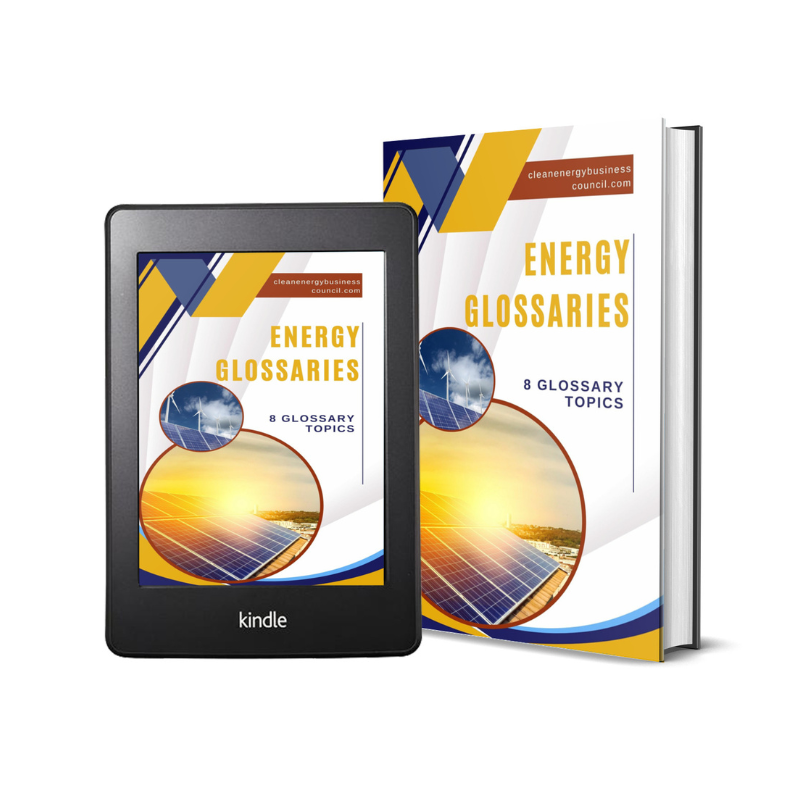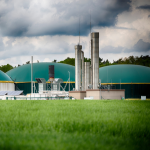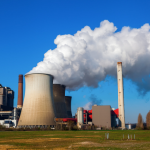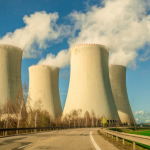Learn Everything About Clean Energy & More!
Check out our free energy glossaries and learn everything related to yoga!

Energy Glossaries
Some Recent Energy Glossary Articles
Solar Co-op – Definition & Detailed Explanation – Solar Energy Glossary Terms
I. What is Solar Energy? Solar energy is a renewable source of power that is harnessed from the sun’s rays. It is a clean and sustainable energy alternative to traditional fossil fuels, such as coal and oil. Solar energy can be converted into electricity through the use of solar panels, which capture sunlight and convert … Read more
Energy Crops – Definition & Detailed Explanation – Biomass Energy Glossary Terms
I. What are Energy Crops? Energy crops are plants that are specifically grown for the purpose of producing biofuels or biomass energy. These crops are cultivated to be used as a renewable and sustainable source of energy, helping to reduce our reliance on fossil fuels and decrease greenhouse gas emissions. Energy crops are typically fast-growing … Read more
Coal Derivatives – Definition & Detailed Explanation – Fossil Fuels Glossary Terms
I. What are Coal Derivatives? Coal derivatives are substances that are derived from coal, which is a fossil fuel formed from the remains of plants that lived millions of years ago. These derivatives are produced through various processes that involve the extraction and refinement of coal to create different products that have a wide range … Read more
Clean Coal Technology – Definition & Detailed Explanation – Fossil Fuels Glossary Terms
I. What is Clean Coal Technology? Clean Coal Technology refers to a variety of technologies designed to reduce the environmental impact of burning coal for energy production. Coal has long been a major source of energy worldwide, but its use has been criticized for its contribution to air pollution, greenhouse gas emissions, and other environmental … Read more
Radiocarbon Dating – Definition & Detailed Explanation – Nuclear Energy Glossary Terms
I. What is Radiocarbon Dating? Radiocarbon dating is a method used to determine the age of organic materials based on their content of carbon-14, a radioactive isotope of carbon. This technique is widely used in archaeology, geology, and other scientific fields to date artifacts, fossils, and other materials. Radiocarbon dating relies on the fact that … Read more
Voltage Swell – Definition & Detailed Explanation – Battery Technology Glossary Terms
What is Voltage Swell? Voltage swell is a temporary increase in voltage levels in an electrical system. This phenomenon can occur due to various reasons, such as sudden changes in load, lightning strikes, or switching operations. Voltage swell can have detrimental effects on electrical equipment, especially batteries, if not properly managed. Causes of Voltage Swell … Read more
Radioactive Fallout – Definition & Detailed Explanation – Nuclear Energy Glossary Terms
I. What is Radioactive Fallout? Radioactive fallout refers to the particles of radioactive material that are released into the atmosphere during a nuclear explosion or accident. These particles can travel long distances through the air and settle on the ground, water, and vegetation. Radioactive fallout can pose serious health risks to humans and the environment, … Read more
Biomass Thermal Conversion – Definition & Detailed Explanation – Biomass Energy Glossary Terms
I. What is Biomass Thermal Conversion? Biomass thermal conversion is a process that involves converting biomass materials into heat energy through various methods. Biomass refers to organic materials such as wood, agricultural residues, and waste that can be used as a renewable energy source. Thermal conversion technologies can help harness the energy stored in biomass … Read more
Biomass Energy Policy Analysis – Definition & Detailed Explanation – Biomass Energy Glossary Terms
I. What is Biomass Energy Policy? Biomass energy policy refers to the regulations, incentives, and guidelines put in place by governments to promote the use of biomass as a renewable energy source. Biomass energy is derived from organic materials such as wood, crop residues, and animal waste, and can be used to generate electricity, heat, … Read more
Nuclear Energy Density – Definition & Detailed Explanation – Nuclear Energy Glossary Terms
I. What is Nuclear Energy Density? Nuclear energy density refers to the amount of energy that can be extracted from a given mass of nuclear fuel. It is a crucial factor in determining the efficiency and effectiveness of nuclear power generation. The higher the nuclear energy density, the more energy can be produced from a … Read more







